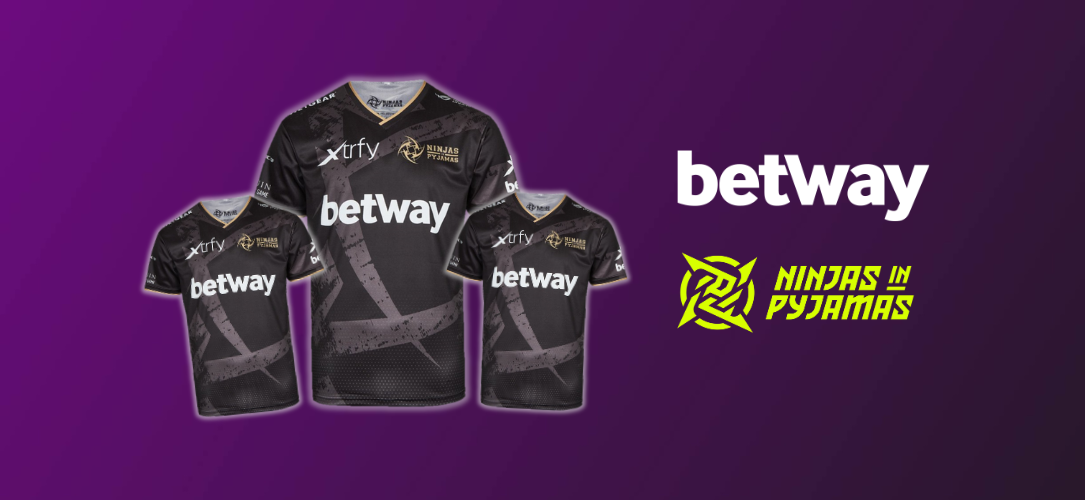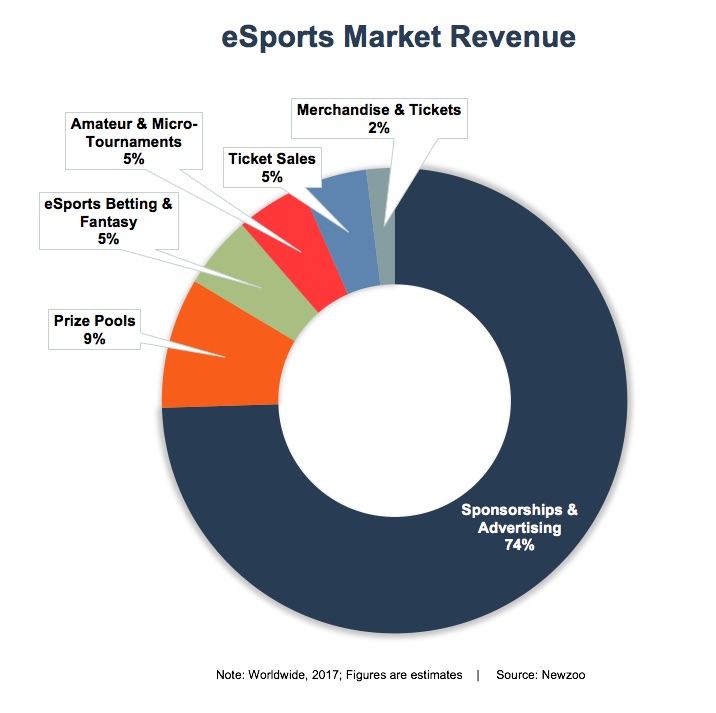The Financial Side of Esports: How Gaming Generates Revenue
Hello iQOO Questers, Rangers and Moderators
Esports has evolved from casual gaming into a multi-billion-dollar industry, attracting millions of fans, players, and investors worldwide. What started as small competitions among friends has now grown into a professional arena where top players and teams earn significant incomes, and companies are making large-scale investments. But how does esports generate revenue?
In this thread, let’s explore the various ways gaming and esports have become lucrative, from sponsorships to streaming, and how the financial ecosystem around it continues to grow.

1. Sponsorships: The Backbone of Esports Revenue
- Sponsorships are the primary source of revenue for esports teams and tournaments. Big brands like Intel, Red Bull, and Nike sponsor esports events, providing financial support in exchange for advertising exposure.
- Teams and players also sign endorsement deals, where they promote products ranging from gaming peripherals to energy drinks, much like traditional sports athletes. These sponsorships are highly valuable as they often involve long-term partnerships.
- As esports events draw millions of live viewers, sponsors gain a global reach, making esports an attractive marketing channel for both gaming-related and non-gaming brands.

2. Media Rights: Broadcasting to a Global Audience
- Esports events are broadcasted across a wide range of platforms, including Twitch, YouTube, and ESPN. These platforms often pay for exclusive media rights to stream tournaments, just like traditional sports leagues do for TV rights.
- Streaming platforms and broadcasters make money through advertising and subscription models, where they sell ad slots during live streams or offer premium, ad-free viewing experiences.
- With millions of fans tuning in to watch major tournaments like The International or League of Legends World Championship, the value of media rights continues to soar, contributing heavily to the overall esports revenue.

3. Prize Pools: Huge Payouts for Top Competitors
- High-stakes competitions feature massive prize pools, often funded through a combination of sponsorships, ticket sales, and crowdfunding from fans. For instance, Dota 2's The International 2021 had a record-breaking prize pool of over $40 million.
- For elite players and teams, winning a major tournament can mean taking home millions in earnings, which has led to the rise of professional gaming careers.
- Prize money not only rewards players but also increases the competitive appeal of the sport, attracting more players and fans to the scene.

4. Merchandising: Building Fan Loyalty
- Just like traditional sports teams, esports teams and organizations generate revenue through merchandise sales. Fans can purchase team jerseys, branded gaming accessories, and exclusive event merchandise to show their support.
- Esports merchandise often includes in-game items like skins or special avatars, creating a unique opportunity for gaming companies to monetize fan engagement both inside and outside the game.
- Special collaborations, such as limited edition collections or exclusive items tied to major tournaments, also drive merchandise sales and increase brand loyalty among fans.

5. Esports Betting and Fantasy Leagues: A Growing Industry
- Esports betting has rapidly grown into a major revenue source, with platforms offering fans the chance to bet on their favorite teams and players. Esportsbook and Betway Esports are examples of companies capitalizing on this trend.
- The esports betting market is predicted to exceed $20 billion in the coming years, driven by increasing fan engagement and the growing legitimacy of esports as a competitive field.
- Fantasy esports leagues also attract fans who enjoy building teams of pro players and competing against others. These platforms generate revenue through entry fees and advertising, similar to traditional fantasy sports.

6. Game Publishers and In-Game Purchases: Long-Term Revenue Streams
- Game publishers like Riot Games, Activision Blizzard, and Valve play a major role in the esports ecosystem. They make money by organizing official tournaments and selling in-game items related to the esports events.
- In-game purchases are one of the most significant revenue streams in gaming, particularly through the sale of cosmetic items, battle passes, and virtual currency. These microtransactions not only enhance the player's gaming experience but also generate continuous revenue for the publisher.
- Additionally, game publishers often profit from esports through franchise fees where teams pay to participate in official leagues, similar to how sports teams pay for spots in professional leagues
7. Revenue Sharing Models: Teams, Players, and Developers
- Many esports leagues operate on a revenue-sharing model, where a portion of the tournament and media rights revenue is distributed among teams, players, and organizers. This system incentivizes more investment from teams and builds long-term sustainability for the esports ecosystem.
- Developers also share revenue with teams and players through in-game promotions. For example, selling team-branded in-game items, with a percentage of sales going directly to the respective teams.

Share Your Thoughts on Esports Revenue!
Esports has become a massive industry with various revenue streams that benefit players, teams, game developers, and sponsors. What do you think about the financial growth of esports? Do you believe it's sustainable in the long run?
Share your insights and any experiences you’ve had with esports, whether as a fan, player, or investor!
Day 74 🤡Complete of 365 Day Daily Thread challenge 🤗🌸
Have a great day, and I look forward to seeing you again soon
Best regards,
Sahil Singh
Please sign in
Login and share

























